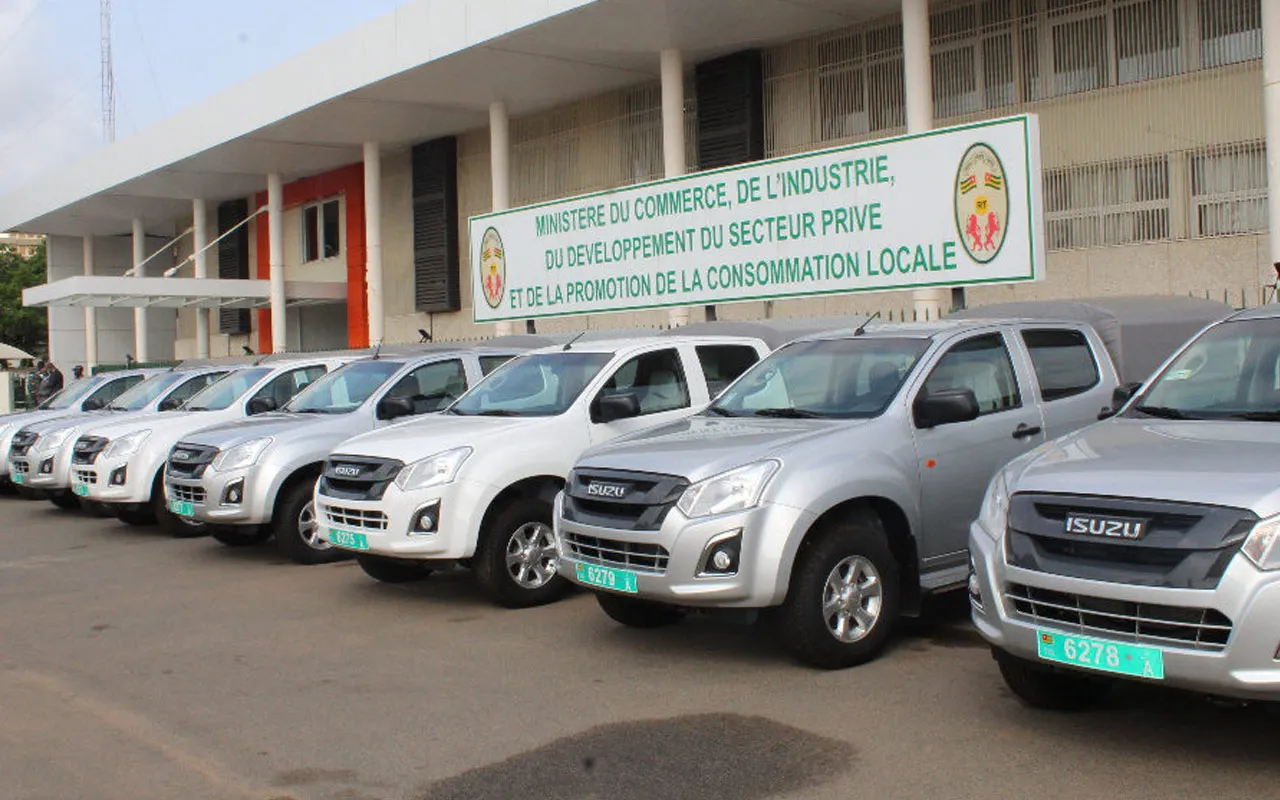
Ferdinand Mensah Ayité on relying on outside sources to contextualise information and the necessity of protecting them long after the story is published.
“Not being in the field, we often had to recourse to oil companies to explain certain aspects to us, but in a discreet manner. We have to protect the identity of these experts to this day.“
What were the major findings of your story?
A minister embezzled about half a billion dollars in corrupt funds in 14 months. The CSFPPP, a public agency, had Francis Adjakly as its head, his son as financial director, and his two daughters as members.
What impact did your story have?
The coordinator of CSFPPP was fired, the government reduced the oil prices, an audit was conducted, and many recommendations called for reforms in the sector and arrests of the corrupt people.
Was your story based on another publication’s work?
We reported on oil imports in Togo in the past.
Did you receive any funding to do this story?
No.
How did the story start and how did your team decide on the first steps to take in working on this story?
We used to write about the CSFPPP but it was on superficial subjects as access to their inside workings was difficult. A whistleblower leaked us some files, which we analyzed. We then started by investigating the people mentioned, searching the trade register, and requesting details from the tax authorities, before we decided to move to the publication phase.
How long did it take to report, write and edit this story?
It took us 3 months to report, write and edit this story.
What challenges did your team face while working with sources?
The issue of oil imports is very delicate, complex, and dangerous. Not being in the field, we often had to recourse to oil companies to explain certain aspects to us, but in a discreet manner. We have to protect the identity of these experts to this day.
What resources and tools did your team find useful? How did you organize your data and documents?
We had put our documents in several places so that we could secure them. Telegram messaging has been very useful for sharing certain data.
What advice would you give journalists working on similar investigations?
There are several types of advice. First of all, discretion, then patience, confrontation of documents, and the opinion of a lawyer before any publication.
Did your team face any pushback during or after the publication of this story? If so, how did you address this?
We are the subject of a complaint before the courts by some of the people involved and the trial is currently continuing before the Court of Appeal after the first ruling of a 6 million franc fine at the Court of First Instance by a justice system that was totally in favour of the government. Our lawyers have appealed and the case is currently before the Court of Appeal. We have received several death threats and we are currently under the protection of human rights organizations.
Did working on this story change your perspective as a journalist?
It was risky but exciting. We are proud to have succeeded in revealing this scandal, which led to some changes in the sector. It is a source of satisfaction for me and an encouragement to continue.

